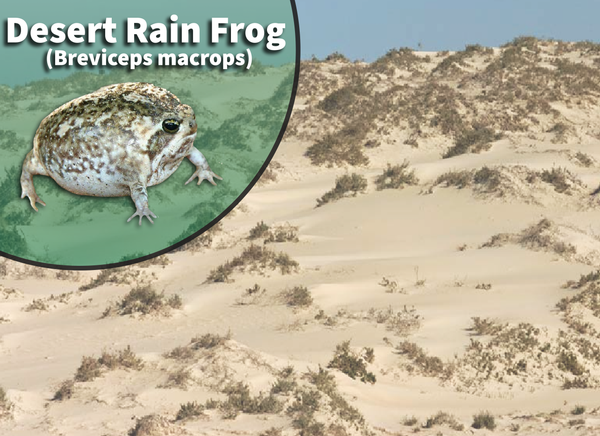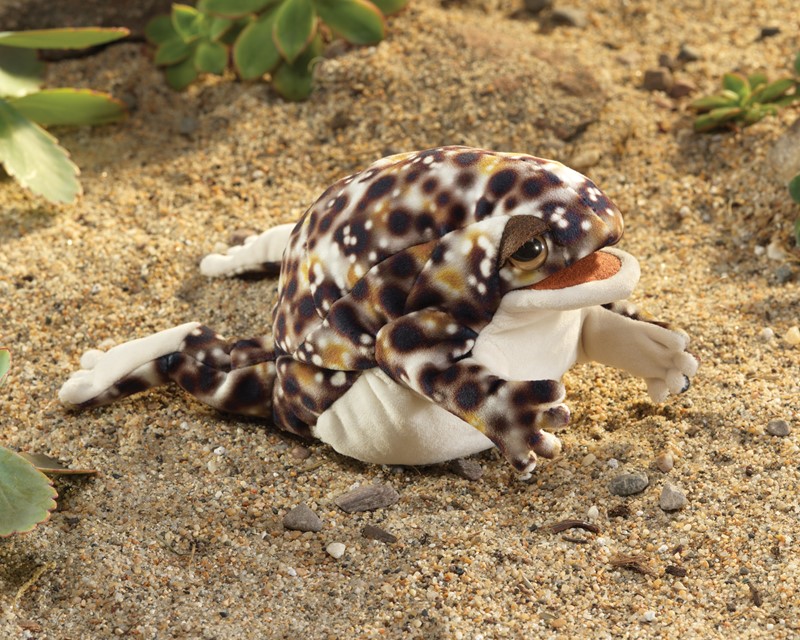Common Health And Wellness Issues in Reptiles: Signs and Solutions
In the detailed globe of reptile treatment, recognizing the usual wellness concerns that might impact these special animals is vital in guaranteeing their health. From breathing infections that can calmly hold to metabolic bone illness that can incapacitate, reptiles are vulnerable to a variety of ailments that require eager monitoring and prompt intervention. Whether it's grappling with parasitical problems, navigating dehydration issues, or resolving skin disorders that materialize in subtle means, being in harmony with the signs and geared up with the knowledge of reliable options is necessary for any type of reptile owner. By diving additionally into the subtleties of these health and wellness issues and discovering the functional remedies readily available, one can guard the health and wellness and vitality of these interesting animals.
Respiratory System Infections
Breathing infections in reptiles can substantially affect their general health and require prompt focus from seasoned vets. In reptiles, breathing infections can be particularly testing to diagnose and treat due to their one-of-a-kind anatomy and physiology.
Treatment for respiratory system infections in reptiles generally entails a mix of helpful treatment, such as keeping appropriate humidity degrees and temperature slopes in the unit, in addition to targeted drug to attend to the particular pathogen in charge of the infection. It is vital for reptile owners to check their family pets closely for any kind of indications of respiratory distress and look for veterinary treatment at the earliest indication of a concern. With timely treatment and appropriate therapy, numerous reptiles can recoup completely from respiratory infections and return to normal activities.

Metabolic Bone Disease
What aspects add to the development of Metabolic Bone Illness in reptiles?
Metabolic Bone Condition (MBD) in reptiles is mainly triggered by a lack of appropriate calcium, phosphorus, and vitamin D3 degrees in their diet regimen. When reptiles do not receive appropriate calcium, either with their food or correct UVB direct exposure for vitamin D3 synthesis, they are at a high risk of establishing MBD. Reptiles with diet regimens reduced in calcium or imbalanced calcium to phosphorus ratios are especially prone. In addition, inadequate exposure to UVB light stops reptiles from manufacturing vitamin D3, which is crucial for calcium absorption and bone health.
Inadequate humidity degrees can also impact a reptile's ability to metabolize calcium properly. Routine vet examinations, proper husbandry techniques, and a balanced diet regimen are necessary to avoid Metabolic Bone Condition in reptiles.
Parasitic Infestations
Parasitical infestations posture a considerable health danger to reptiles, affecting their general well-being and needing prompt veterinary focus. Reptiles can be affected by numerous parasites, including termites, ticks, internal worms, and protozoa. These bloodsuckers can create a variety of signs and symptoms, such as fat burning, lethargy, skin irritability, diarrhea, and even fatality if left untreated.
One typical parasite located in reptiles is the mite, click site which can cause skin inflammation, stress, and anemia. Ticks are one more outside bloodsucker that can create and transmit diseases discomfort to the reptile. Interior bloodsuckers like worms and protozoa can cause digestive problems, poor nutrition, and damage the reptile's body immune system.
To diagnose a parasitic infestation, a veterinarian may carry out fecal examinations, skin scrapings, or blood examinations. Therapy usually involves deworming medications, antiparasitic baths, or in serious situations, a hospital stay. Preventative procedures such as normal vet examinations, appropriate hygiene, and quarantine procedures for new reptiles can help minimize the risk of parasitic problems and ensure the well-being of reptile pets.
Dehydration and Hydration Issues
Dehydration in reptiles can considerably affect their health and well-being, necessitating prompt treatment and proper hydration monitoring. Reptiles are susceptible to dehydration because of various factors such as poor water consumption, high ecological temperatures, and specific health and wellness conditions. Symptoms of dehydration in reptiles include sunken eyes, sleepiness, loss of skin flexibility, and decreased peeing. Dehydration can lead to major health concerns and even be fatal to the reptile - rain frog for sale. if left unattended.
To avoid dehydration, reptile proprietors should make certain that their animals have accessibility to clean water in all times. The water meal need to be big sufficient for the reptile to take in if required, especially for types that absorb water through their skin. In addition, maintaining appropriate moisture levels in the reptile's room and providing routine bathrooms can help stop dehydration.
In instances of dehydration, it is vital to seek vet care quickly. A veterinarian may provide liquids either orally or with shots to rehydrate the reptile. It is necessary to resolve the underlying source of dehydration to avoid recurrence and guarantee the reptile's total health.
Skin Ailments

Conclusion

Breathing infections in reptiles can dramatically affect their general wellness and call for timely focus from skilled vets (rain frog for sale). Preventative procedures such as regular vet examinations, correct hygiene, and quarantine treatments for new reptiles can aid reduce the threat of parasitic problems and guarantee the health of reptile animals
If left untreated, dehydration can lead to significant health concerns and even be fatal to the reptile.
Routinely evaluating your reptile for any adjustments in skin shade, appearance, or structure can help in very early discovery and treatment of skin conditions, advertising the overall health and wellness and health of your flaky companion. - rain frog for sale
In final thought, reptiles are susceptible to numerous health problems such as respiratory system infections, metabolic bone condition, parasitic invasions, dehydration, and skin conditions.